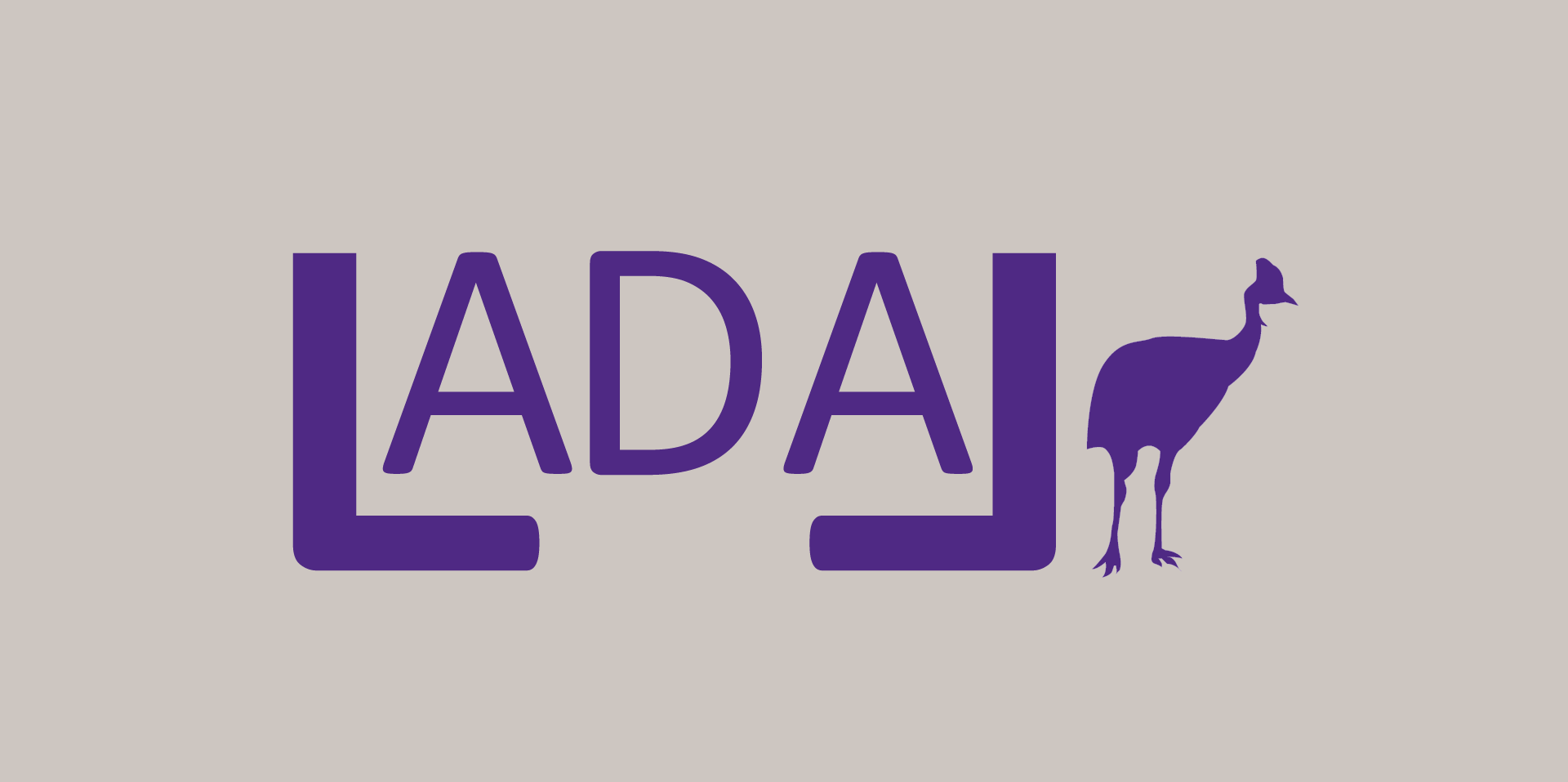This is the GitHub repo of the website of the Language Technology and Data Analysis Laboratory (LADAL). The LADAL (pronouced lah’dahl) is a school-based, collaborative support infrastructure for digital and computational humanities established and maintained by the School of Languages and Cultures at the University of Queensland.
The LADAL aims to help develop computational and digital skills by providing information and practical, hands-on tutorials on data and text analytics as well as on statistical methods relevant for language research. In addition, the LADAL provides self-guided study materials relevant for computational Natural Language Processing. In order to be attractive to both beginners and people with advanced skills, the LADAL website covers topics and introduces methods relevant for people coming with different degrees of prior knowledge and experience - ranging from introductions to concepts of quantitative reasoning to step-by-step guides on advanced statistical modeling.
Since the primary concern of the LADAL is to introduce computational methods that are relevant to research involving natural language, the focus of this website is placed on linguistic data and methods relevant for text analytics. As such, the LADAL provides resources for (computational) text analytics and offers introductions to quantitative reasoning, research designs, and computational methods including data visualization and statistics. The areas covered on the LADAL website are
-
introductions to quantitative reasoning and basic concepts in empirical language studies.
-
introductions to R as programming environment for processing natural language data.
-
tutorials on data visualization and data analytics (statistics and machine learning).
-
tutorials on text analysis, text mining, distant reading, and corpus linguistics.
To get in touch, please feel free to contact us via email and stay up to date by following us on Twitter or Facebook. Webinars or recordings of other events are available on our YouTube channel.
Email: [email protected]
Twitter: @slcladal
Facebook: https://www.facebook.com/profile.php?id=100073328753218
YouTube: https://slcladal.github.io/opening.html
The LADAL resources are aimed at researchers in HASS (Humanities, Arts, and the Social Sciences) and we aspire to attract complete novices as well as expert users. And, while the focus of the LADAL website is placed on handling data that represents natural language, anyone who has an interest in quantitative methods, data visualization, statistics, or R is welcome to explore this webpage.
The LADAL website was created by Martin Schweinberger. It was freely released under GNU General Public License, Version 3, June 2007.
If you use (parts of) it for your own research or in your teaching materials, please cite the individual subpages as shown at the bottom of each page or reference it as:
Schweinberger, Martin. 2021. The Language Technology and Data Analysis Laboratory (LADAL). Brisbane: The University of Queensland, School of Languages and Cultures. url: https://slcladal.github.io/index.html.



